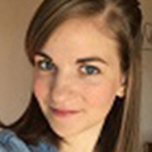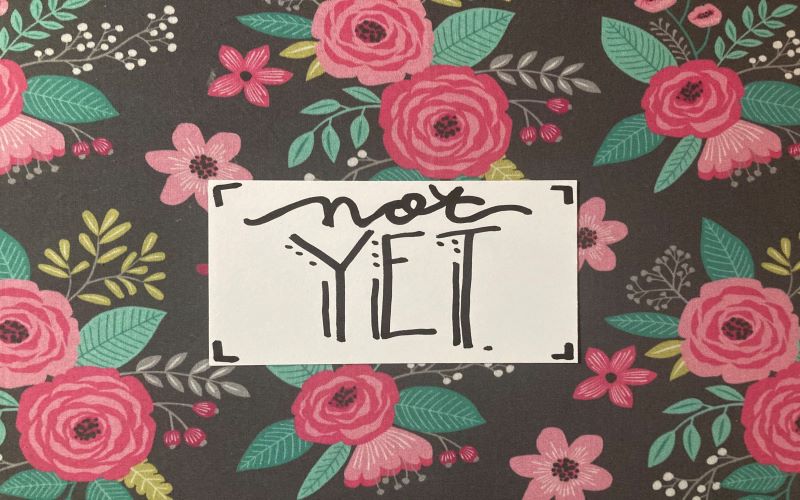The Power of “Yet”

Micah Pederson
I am a mom to two children biologically and many children through foster care. My husband and I have been married three years. Our foster home is a sp...

Multiple times a week, I am asked about the skills, accomplishments, and abilities of my children who have disabilities and medical conditions.
Medical professionals, therapists, respite providers, social workers, etc, must know this information in order to give us the best care and resources available.
I know this.
However, these inquiries never fail to give my stomach a twist.
My children are absolutely amazing and CAN do a million things.
They are intelligent, kind, unique, talented, miraculous humans and world-changers.
They also have disabilities and medical conditions that change what their lists of physical and cognitive abilities may look like compared to others.
When doctors are asking about my children, they aren’t asking about how kind they are, how funny they are, how unique they are (although I never let someone walk away without letting them see or hear about those things in my children).
They are wondering if they can walk, if they can swallow, if they can breathe independently, or if they can perform tasks listed as standard for their age group.
When I first became a mama to these sweet children several years ago, it made my heart sink to rattle off no after no in response to the lists of questions.
Over time I realized I had to approach these encounters differently so I began doing three simple things each time someone asked about my children’s abilities:
- Even if the professional doesn’t ask, I list as many ways as I can think of that my children are wonderful that have nothing to do with physical abilities or medical conditions.
- If my child is present, I direct the questions to them as much as possible. “What do you think, honey? Are you able to eat by mouth? Yes or no?” Simply including my child in the conversation-whether they can verbally answer or not-reminds the asker that they are speaking about a real, living human who has thoughts and feelings of their own.
- I learned and implemented the power of the word yet.
It is one thing to answer a question with the word no.
“Is your child able to walk without assistance?” “No.”
Adding one simple, three-letter word, however, evaporates the finality and lack of hope in both the question and answer.
“Is you child able to walk without assistance?” “No, not YET.”
I add the word yet to just about every question asked, even the ones that will likely never be answered with a yes.
Adding a yet to my answers reminds me, my child, and the professional that we don’t get to decide what my child is capable of and there is always hope for improvement or mastery in the future.
It represents my commitment to never stop encouraging and challenging my children to grow, develop, and be the best they can be in whatever ways fit their unique personhoods.
Yet: I think it is a concept the world needs much more of.
What a world it would be if we could all view ourselves and others as mountains of possibility, beacons of hope, and exceptional human beings crafted with the ability to never run out of ways to gain, grow, and rise closer to our God-given potential.


